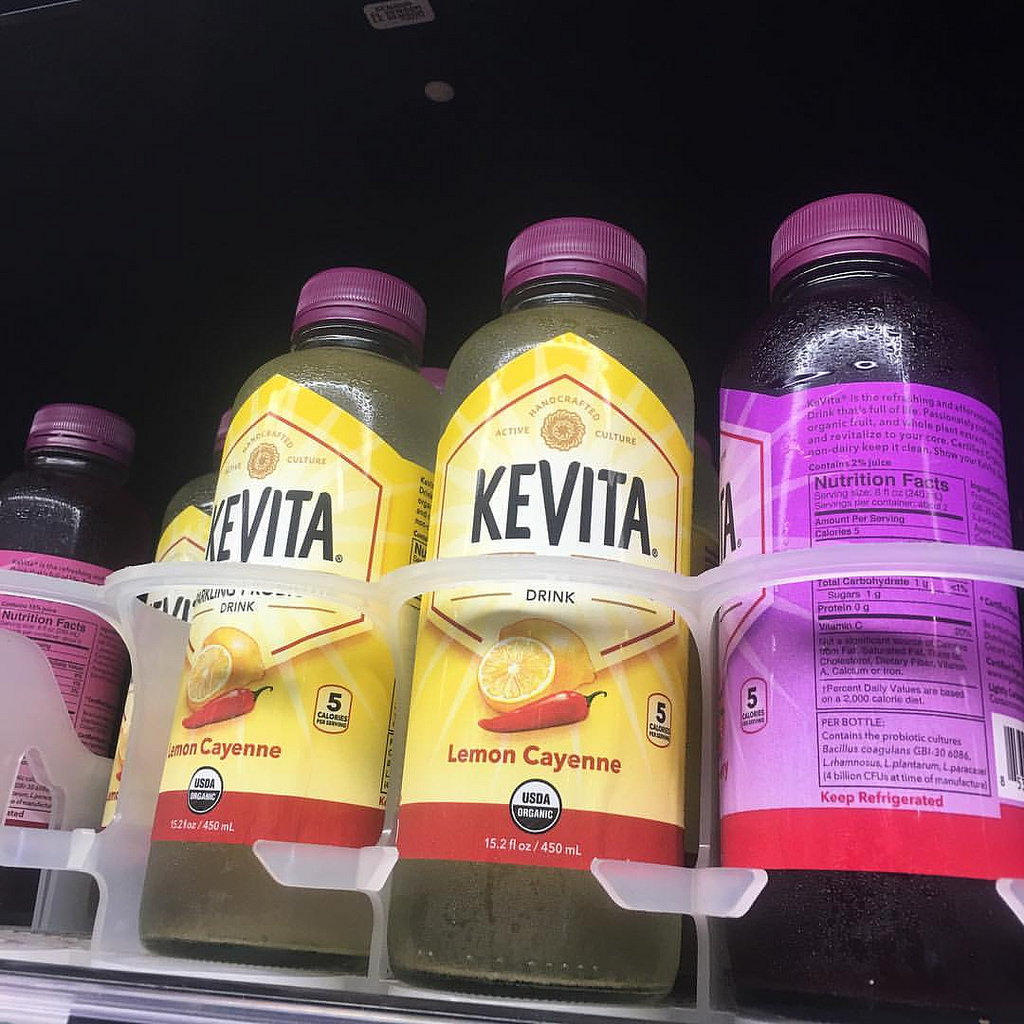
- HOME
- Dietary Guidelines
- Dietary Guidelines
5 functional ingredients that bring a wealth of health benefits-Probiotics and prebiotics
Use of probiotics and prebiotics are expected to grow significantly in future years due to their excellent properties in relieving digestive issues, boosting the immune system, and contributing to the maintenance of balanced gut microbiota, or "good" bacteria. BCC Research projects the probiotics market will grow to $50 billion globally by 2020.
Consumer awareness of probiotics has increased dramatically during the past decade — thanks in part to huge advertising campaigns from the likes of Danone’s Activia (recall the deluge of Jamie Lee Curtis commercials) and other yogurt brands. Although yogurt still leads the probiotics market, other probiotic-containing products — including juices, confectionery items, baked goods, and even wine and beer — are gaining popularity.
Kellogg, which has historically promoted its Special K brand to help with weight loss, recently announced it is adding probiotics to the cereal and positioning it as a health tool. Special K Nourish featuring probiotics is due to hit store shelves later this year.

Duff expects fermented drinks made with probiotic kombucha will grow in popularity due to their myriad health benefits. In addition to improved digestion, the drink is known to fight overgrowth of candida, a harmful yeast, and help with mental clarity and mood stability. Some claim it can relieve or prevent a host of other issues from hair loss to cancer to AIDS. The kombucha market increased nearly 441% to $534 million in 2016, according to Beverage Industry.
Kombucha has even caught PepsiCo’s attention. Last year, the company’s venture arm Naked Emerging Brands, which is tasked with diversifying the product portfolio with better-for-you options, completed its first acquisition: probiotics beverage manufacturer KeVita. PepsiCo had already shown interest in probiotics with the debut of Tropicana Essentials Probiotics.
In contrast, prebiotics, which allow for better absorption of a host of nutrients from other foods, are still somewhat flying under the radar. However, research suggests that there may be a natural prebiotic in the skin of cranberries, and cereal made with a fiber-rich barley variety may also have a prebiotic effect.

Contact Us
Add: 414, Institute of Quality Standard and Testing Technology for Agro-products of Chinese Academy of Agricultural Sciences, No. 12, Zhongguancun South Street, Haidian District, Beijing, China
Email:typ@withworld.cn
Tel:+86 10 53647310